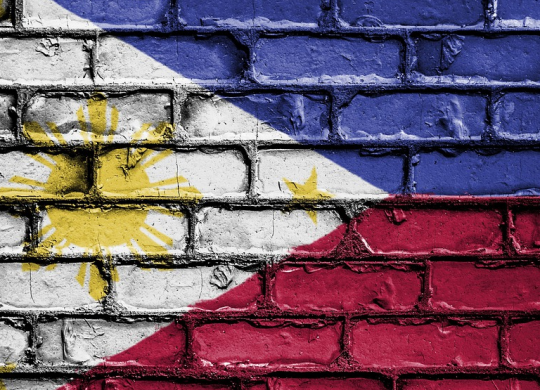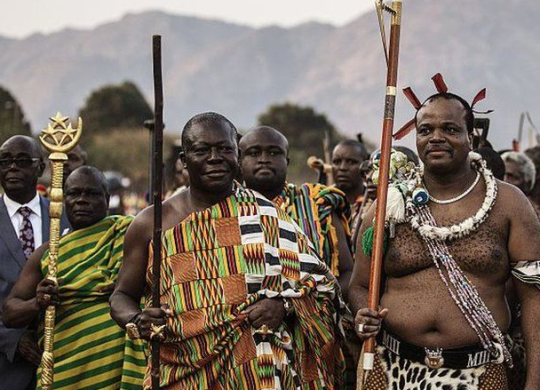Employment in Eritrea: main areas of work

Eritrea is an African state located in the eastern part of the mainland on the coast of the Red Sea. The country is adjacent to Sudan, Ethiopia and Djibouti. The total area of Eritrea is 117.6 square kilometres, the number of inhabitants is over six million people, and population is growing.
Despite its relative poor development of tourism, Eritrea is a unique historical and natural region. Numerous historical monuments, beautiful nature of the dry highlands, beaches and the Dahlak Archipelago, underground catacomb cities and underwater world of the Red Sea attract many tourists here.
Features of the country and work opportunities
It is one of the smallest, poorest and youngest countries in Africa. After periodic wars and the struggle for independence in Eritrea, there was a serious economic decline, militarization, poverty, famine, illegal human trafficking developed, the flow of refugees increased, many people left the country. Conscription also led to the emigration of Eritreans between the ages of 15 and 40.
Other factors that contributed to international migration include a lack of educational opportunities, poor infrastructure, and insufficient access to goods. The development of Eritrea is negatively affected by weather conditions, such as drought. As a result, poverty in the country has increased, with more than 66% of the population living below the poverty line.
Despite all of the above factors, in recent times, many countries have begun to implement policies to support Eritrea through investing and developing the economy, carrying out reforms, improving social living conditions, human rights and the return of refugees. Large cities of the country welcome young workers and competent specialists. The increase in foreign investment opens up many opportunities, and companies are beginning to expand their presence in the area.
Eritrea has a small economy based on agriculture, light industry, fishing and services, including tourism, as well as on vast natural resources, including copper, granite and marble. Mining, in particular gold mining, attracts a lot of foreign investment and the country’s employers.
The oil industry is on the rise, drilling in the Red Sea has shown that there are still many untapped reserves. Renewable energy sources are also attracting investment, and wind and solar energy projects are currently underway.
Eritrea’s main exports are food, livestock and textiles. Taxation is in line with many other African countries.
How to come to the country to work
To work in Eritrea, a foreigner needs to apply for a business visa or a work visa if he plans to reside in the country.
Before obtaining a work visa, you must first obtain a work permit from the Eritrean Ministry of Labor and Social Security MLHW. The employer must confirm the education and work experience of the person he hires.
The worker is then issued a work permit, which is valid for three months from the date of application. Thereafter, this card must be renewed every year.
Please note that it is obligatory for a non-resident to carry this work permit with them when moving around the country, as it may be required to present it to the relevant authorities.
Internal movement in Eritrea has many restrictions imposed by the government. Movement in the country is controlled by a complex system of identity cards and travel permits, which are used to verify a person’s status, permit travel, and compulsory national service. Checkpoints are located throughout the country to ensure people are identified, their internal travel permits are checked, and to prevent citizens from entering the border areas to emigrate.
Income taxation in Eritrea
All immigrants must pay income tax in the country. Its rate varies depending on income and circumstances, but ranges from 2% to 30% of earnings. In addition, you must pay social security tax.
Recommended articles
5 min
Work
3 min
Work
5 min
Work
All materials and articles are owned by VisitWorld.Today and are protected by international intellectual property regulations. When using materials, approval from VisitWorld.Today is required.

